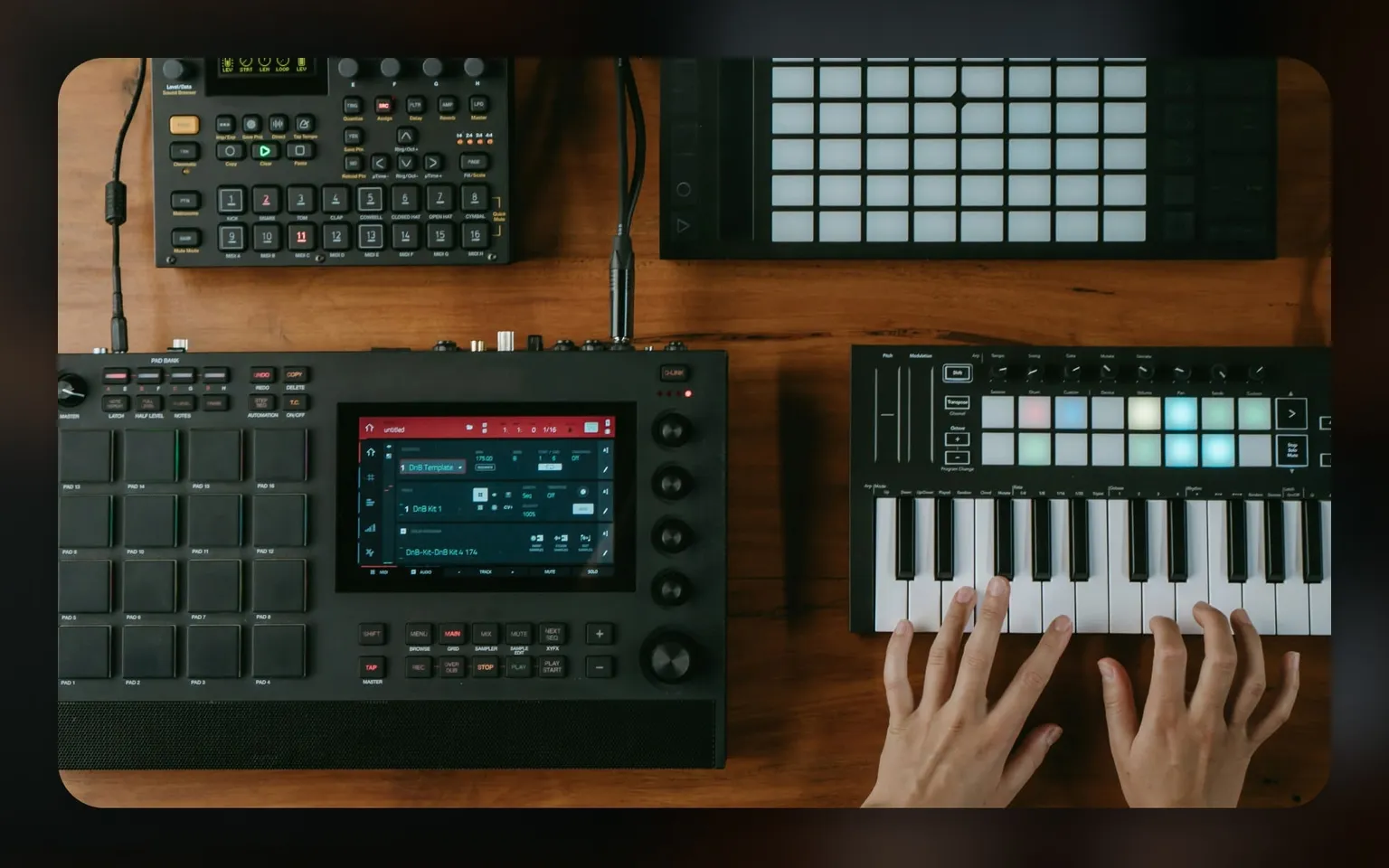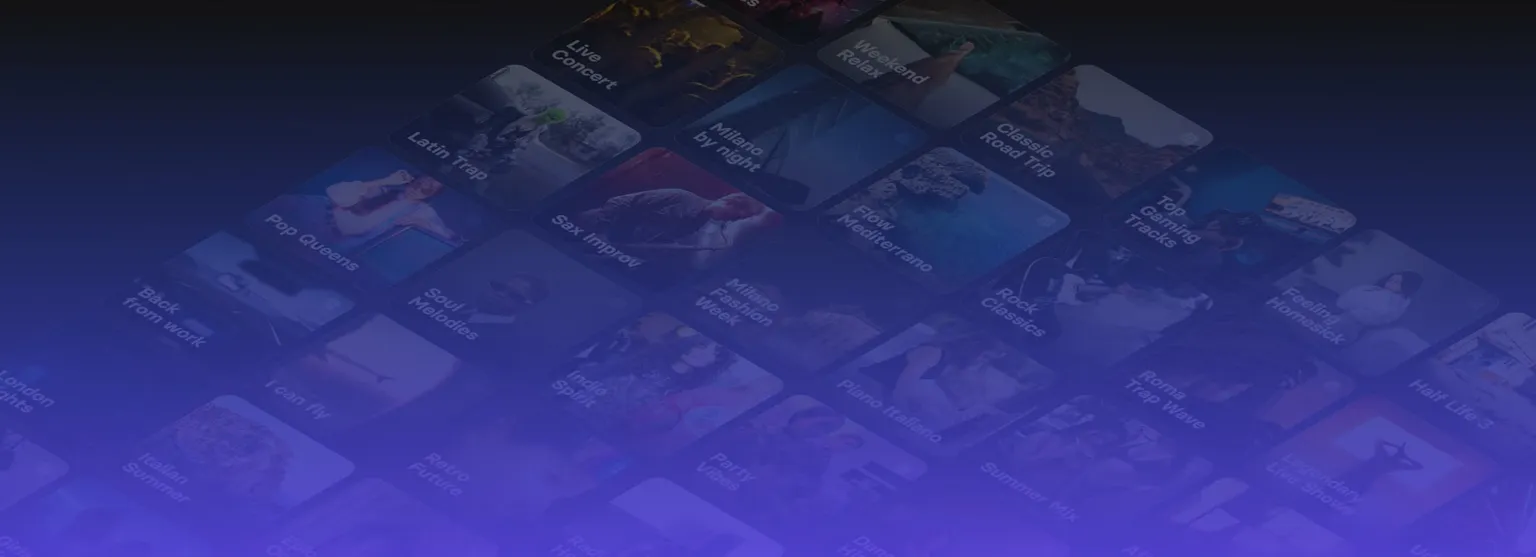
For emerging artists, one of the hardest things is figuring out whether what you’re creating is actually working. You can mix, tweak, rewrite, and polish your track for weeks, but without outside ears, you’re basically guessing. And while feedback is one of the most important elements in an artist’s growth, it’s also one of the hardest things to get right.
Everyone can give an opinion, but very few people can give useful feedback.
Friends tell you everything sounds great, while online strangers give chaotic, contradictory reactions. Producers might help, if you can afford them.
And industry professionals? Traditionally, they were almost unreachable unless you already had a team or a label behind you.
This is why understanding who to ask, and how to reach them, is such a game-changer. And it’s also why platforms like Matchfy are becoming essential for artists who want real guidance instead of random noise.
Why feedback is essential (but rarely good)
Good feedback is not just about hearing whether someone “likes” your song. It helps you see the blind spots in your composition, production, mix, or release strategy. A single comment from the right person can save you months of experimentation.
The problem is that most artists spend years asking feedback from people who, in reality, can’t help them improve. Friends and family care about you, but they’re not trained to evaluate a mix or understand the market. Social media is hit-or-miss: you may get honest reactions, but rarely structured or actionable.
And until recently, professionals inside the music industry, curators, engineers, producers, strategists, weren’t accessible to independent artists. Their inboxes were closed, their time limited, and their attention directed only toward projects with numbers or a strong network behind them.
Today things are different, but the challenge remains: how do you find the right people and avoid being lost in the noise?
The modern problem: too many opinions, not enough direction
The internet has multiplied the amount of feedback available, but not the quality. Posting your track in Discord servers or random groups often leads to surface-level comments, emotional reactions, or advice that has nothing to do with your style.
A lot of emerging artists fall into a cycle of confusion:
one person says “the mix is fine,”
another says “vocals are too dry,”
another says “try a completely different genre.”
None of this helps you build your identity.
That’s why finding feedback from people who actually understand your genre, your path, and the current standards of the industry is essential, and that’s where Matchfy PRO changes everything.
Matchfy Pro: access to real professionals (without gatekeeping)
For years, getting real feedback meant knowing the “right people.” A&R reps hidden behind managers, curators who never opened DMs, producers who only replied to established names… it was a world built on connections, not merit.
Matchfy Pro removes all of that.
It gives independent artists direct access to professionals across the industry, including producers, sound engineers, playlist curators, marketers, vocal coaches, social media strategists, and niche-genre specialists.
The key difference is that these are not random people online. They’re individuals with real experience and real knowledge, people who understand what makes a track work, how today’s algorithms respond, what curators listen for, and how artists should shape their releases.
This makes the feedback radically different from anything you’d get by posting your track in a random community.
Why Matchfy Pro feedback is more effective
Matchfy PRO isn’t just a place to “drop your link and hope for comments.” The structure itself forces quality.
You select your track, or upload materials if unreleased, and professionals respond with clarity and context. They can give you technical feedback or maybe tips and tricks on how to move in the music industry as well.
- the feedback isn’t generic
- it comes from real industry experience
- it’s actionable and specific
- it’s not influenced by taste alone
- it helps you build a long-term strategy, not just fix a single track
- This type of guidance is what shapes an artist’s evolution.
How artists integrate Matchfy Pro into their creative process
One of the biggest advantages is that Matchfy Pro becomes part of your workflow, not a one-off moment. You don’t need to wait until a song is finished. You can share demos, early sketches, drafts, or fully mixed tracks.
A lot of artists use it as a feedback loop:
- upload a draft
- get professional notes
- make improvements
- upload the updated version
- continue refining with guidance
This is the fastest way to grow, because you’re not experimenting blindly, you’re building your sound with input from people who understand what works in the current music landscape.
And over time, you naturally build relationships. Many artists end up collaborating with the same professionals who previously gave them feedback. Connections that used to take months, or years, now happen naturally through the platform.
What makes a good feedback source (the qualities you should look for)
A reliable feedback source should know your genre, understand your goals, and help you maintain your artistic identity. They should push you to improve, not push you to imitate someone else. They should explain why something doesn’t work, not just say it doesn’t. And most importantly, they should focus on growth, not judgment.
Matchfy Pro was built around these principles: professional, honest, constructive, and centered on your development as an artist.
Final thoughts
Artists grow when they invite the right people into their process. You can learn techniques online, but clear direction only comes from trained ears and real-world experience. Feedback from someone who understands your path can accelerate your development more than months of trial and error.
Today you no longer need a label, a manager, or an industry connection to reach these people. Matchfy Pro finally opens that door, giving artists the chance to receive genuine guidance from professionals who were once out of reach.

